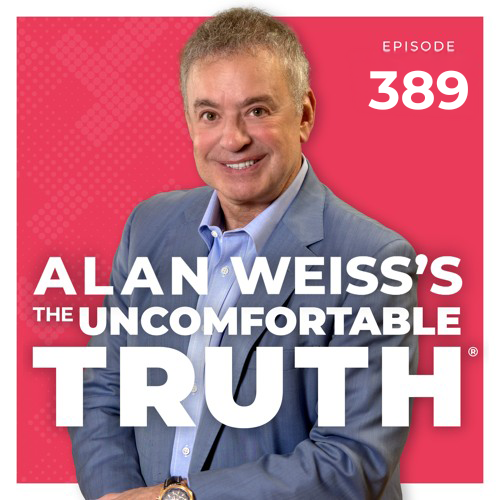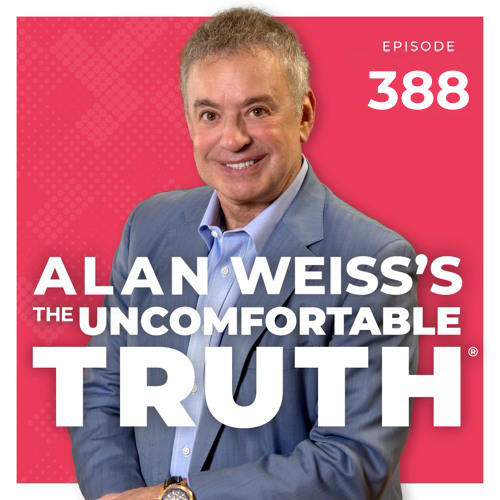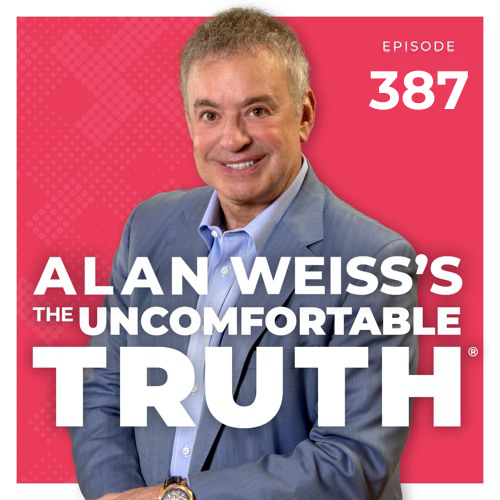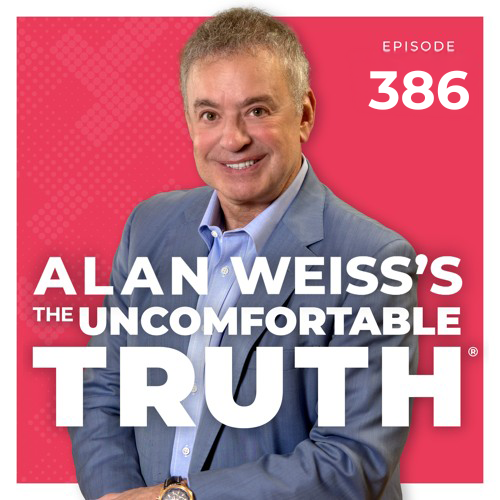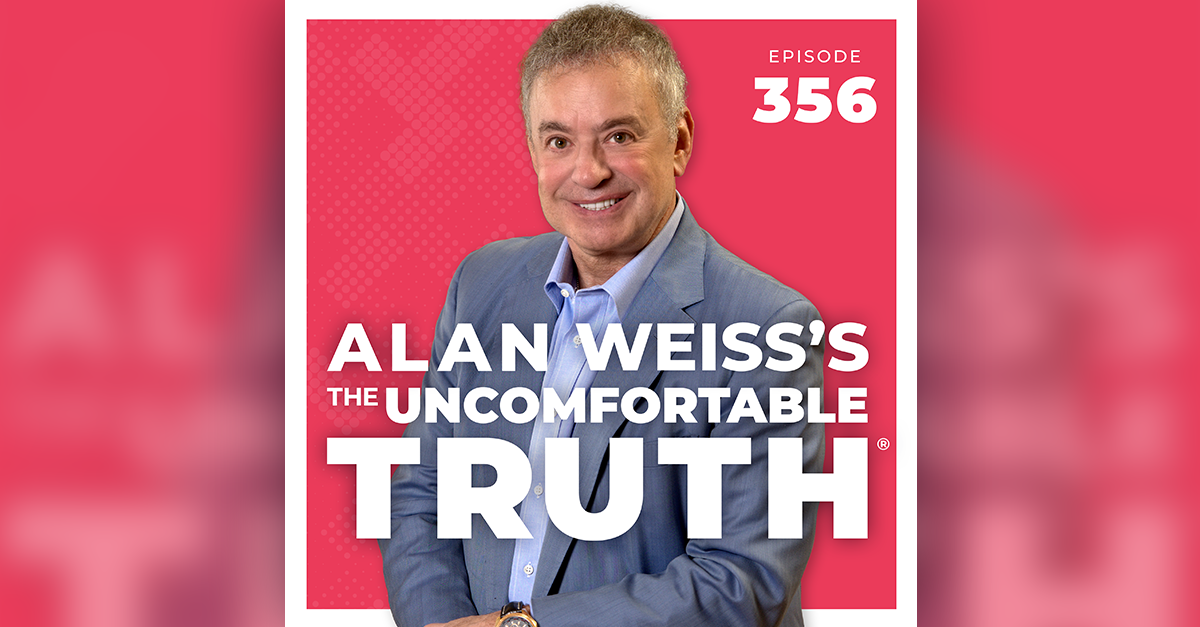
Winning and Losing

Winning and Losing

Meet Your Host, Alan Weiss
Alan Weiss is one of those rare people who can say he is a consultant, speaker, and author and mean it.
His consulting firm, Summit Consulting Group, Inc., has attracted clients such as Merck, Hewlett-Packard, GE, Mercedes-Benz, State Street Corporation, Times Mirror Group, The Federal Reserve, The New York Times Corporation, Toyota, and over 500 other leading organizations. He has served on several boards of directors in various capacities.
His prolific publishing includes over 500 articles and 60 books, including his best-seller, Million Dollar Consulting (from McGraw-Hill) now in its 30th year and sixth edition. His newest is Your Legacy is Now: Life is not about a search for meaning but the creation of meaning (Routledge, 2021). His books have been on the curricula at Villanova, Temple University, and the Wharton School of Business, and have been translated into 15 languages.
Get to know AlanShow Notes
If you win a race by .001 seconds, have you really “won”? And certainly, you’re not the “best in the world.” On that day, in that place, at that time, you finished barely ahead of the next person. What if you did it again an hour later?
Of course, if you constantly and consistently win, you might be the best in the world or the best ever: Yankees, Celtics, Tom Brady, Rocky Marciano, Serena Williams, Jack Nicklaus. In subjective judging, it’s really a joke. Those that are the best also get the most benefit in the scoring. Brady threw touchdowns, or he didn’t. But the ice skaters, divers, gymnasts, surfers—those with the best records get the best treatment.
Then again, there’s the doping and the cheating. The Chinese escaped disqualifications for doping by claiming they consumed “tainted meat.” I wonder who slipped them that? By the way, if the Olympics are about simply the fastest, strongest, etc., why keep medal counts and raise national flags to national anthems?
What about the bad calls and missed calls from officials? Is break-dancing a sport? Isn’t there a practical requirement historically, such as in archery, fencing, judo, or running? Even the pommel horse was used originally to teach mounting and dismounting.
If break-dancing is a sport, why isn’t ballroom dancing, which has its own competitions globally and requires superb coordination, training, balance, and teamwork? I was at a Four Seasons where, early in the morning, there was a bed-making and floor-vacuuming competition. Why isn’t that an Olympic event? It’s a highly coordinated skill done billions of times a day worldwide?
Tennis players are athletes. I don’t think golfers are, nor are race car drivers. They are certainly skilled and adept, but so are woodworkers and chess players. I understand the ambiguity of X and Y chromosomes and uncertain genitalia. However, I also know that women’s athletics and Title 9 were not intended for average male athletes to be stars in another venue.
When you “eclipse” someone’s record, does it really count if you’re using vastly improved equipment, medical support, and venues? Hasn’t fiberglass improved vaulting over wood and bamboo? With modern sports medicine, Sandy Koufax would have had another six unsurpassed years. Brady couldn’t have played into his 40s. We’re a country of 330 million people, and it seems to me that the Australians, with 30 million, eat our lunch in the pool. And they’re not as insufferable as we are with the constant chants of USA, USA. (I do chant myself against the Russians and the Chinese.)
Finally, I don’t know about you, but the juxtaposition of athletes not supported by anything substantial and working with little money and not the greatest support at home, and the kibillionaire professional US basketball players, marching in the same parade and winning the same medals, well, come on….
Alan Weiss's The Uncomfortable Truth® is a weekly broadcast from “The Rock Star of Consulting,” Alan Weiss, who holds forth with his best (and often most contrarian) ideas about society, culture, business, and personal growth. His 60+ books in 12 languages, and his travels to, and work in, 50 countries contribute to a fascinating and often belief-challenging 20 minutes that might just change your next 20 years.
Introduction to the show recorded by Connie Dieken



